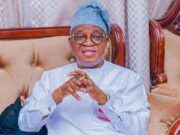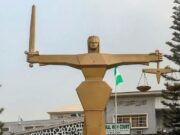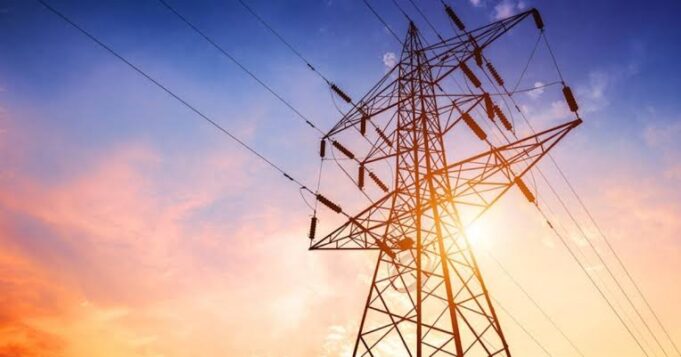The Economic and Financial Crimes Commission (EFCC) has identified corrupt contractors as a major factor contributing to the frequent collapses of Nigeria’s national power grid.
According to EFCC Chairman, Ola Olukoyede, the use of substandard electrical materials by contractors in the power sector is significantly undermining the country’s power infrastructure.
Olukoyede made these remarks on Tuesday during a visit by the House Committee on Anti-Corruption and Financial Crimes to the EFCC’s headquarters in Abuja.
The EFCC’s investigation has uncovered that contractors awarded contracts to supply electricity equipment often opt for inferior materials, a practice that has led to frequent equipment failures and power outages.
Olukoyede explained that instead of using quality materials, such as 9.0 gauge cables, contractors frequently use cheaper 5.0 gauge cables, resulting in power system failures.
This, he said, is a key reason behind the recurring collapses of the national grid, which has plunged large parts of the country into darkness.
This year alone, Nigeria’s national grid has collapsed 10 times, affecting regions such as the northern states, where over 17 states were left without power for more than a week due to attacks on electricity infrastructure.
While the Minister of Power, Adebayo Adelabu, has attributed the grid failures to outdated infrastructure, Olukoyede highlighted that corruption and substandard materials play a crucial role in exacerbating the issue.
The EFCC Chairman also expressed concern over the country’s poor record in implementing capital projects.
Olukoyede revealed that in the past 15 to 20 years, Nigeria has only successfully executed less than 20% of its capital projects.
He stressed that such inefficiency in project execution hampers the nation’s growth and infrastructural development.
To address this, Olukoyede called for greater collaboration with the National Assembly to improve capital project implementation, aiming for at least 50% completion in the coming year.
He emphasized that achieving even half of the planned capital projects would represent significant progress for the country.
The EFCC is focusing its efforts on tackling corruption in the power sector and improving the execution of capital projects as part of its mandate to support Nigeria’s development.
Olukoyede urged the National Assembly to assist the commission in overcoming these challenges, which he believes are crucial to the nation’s progress.

















